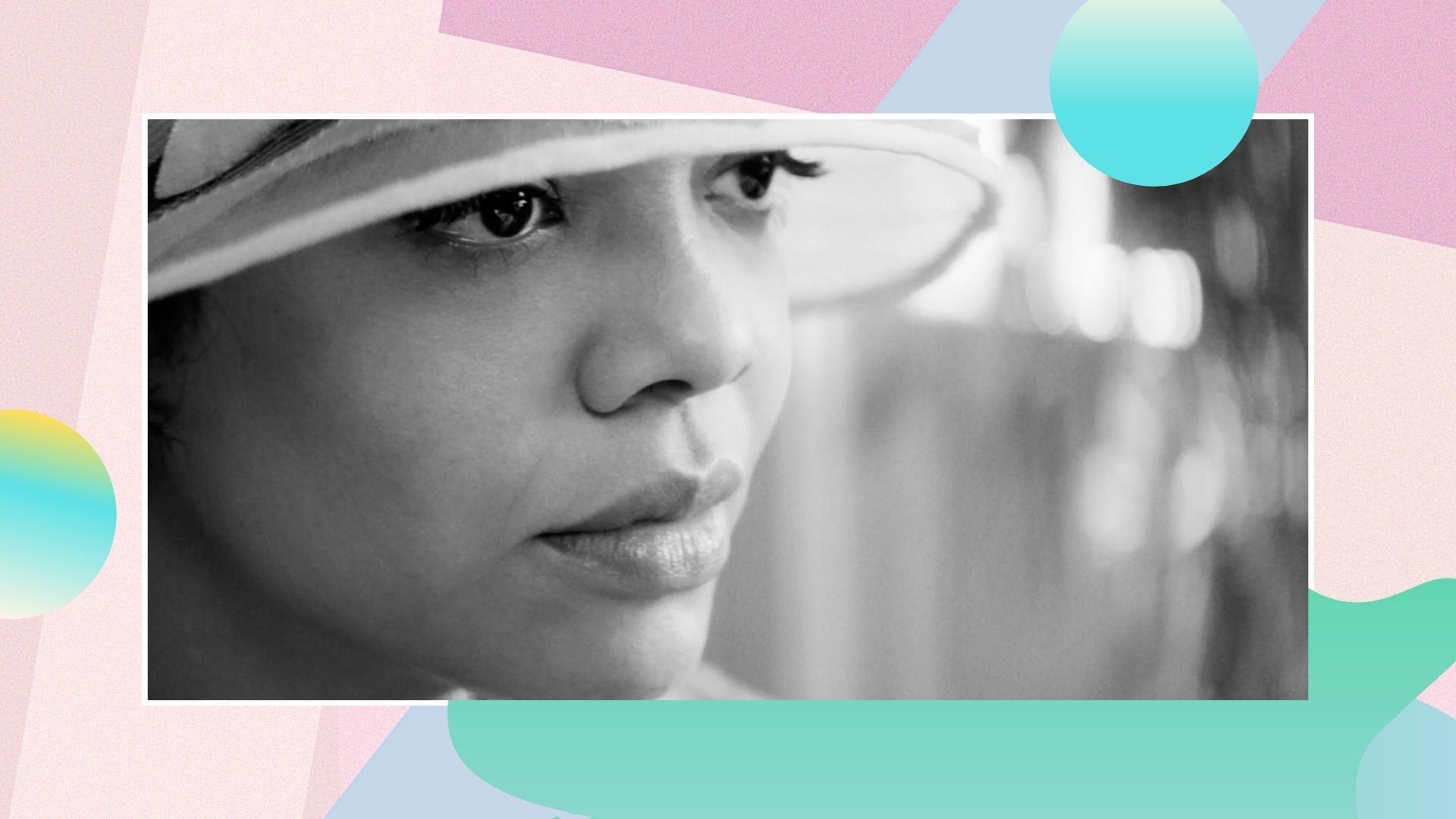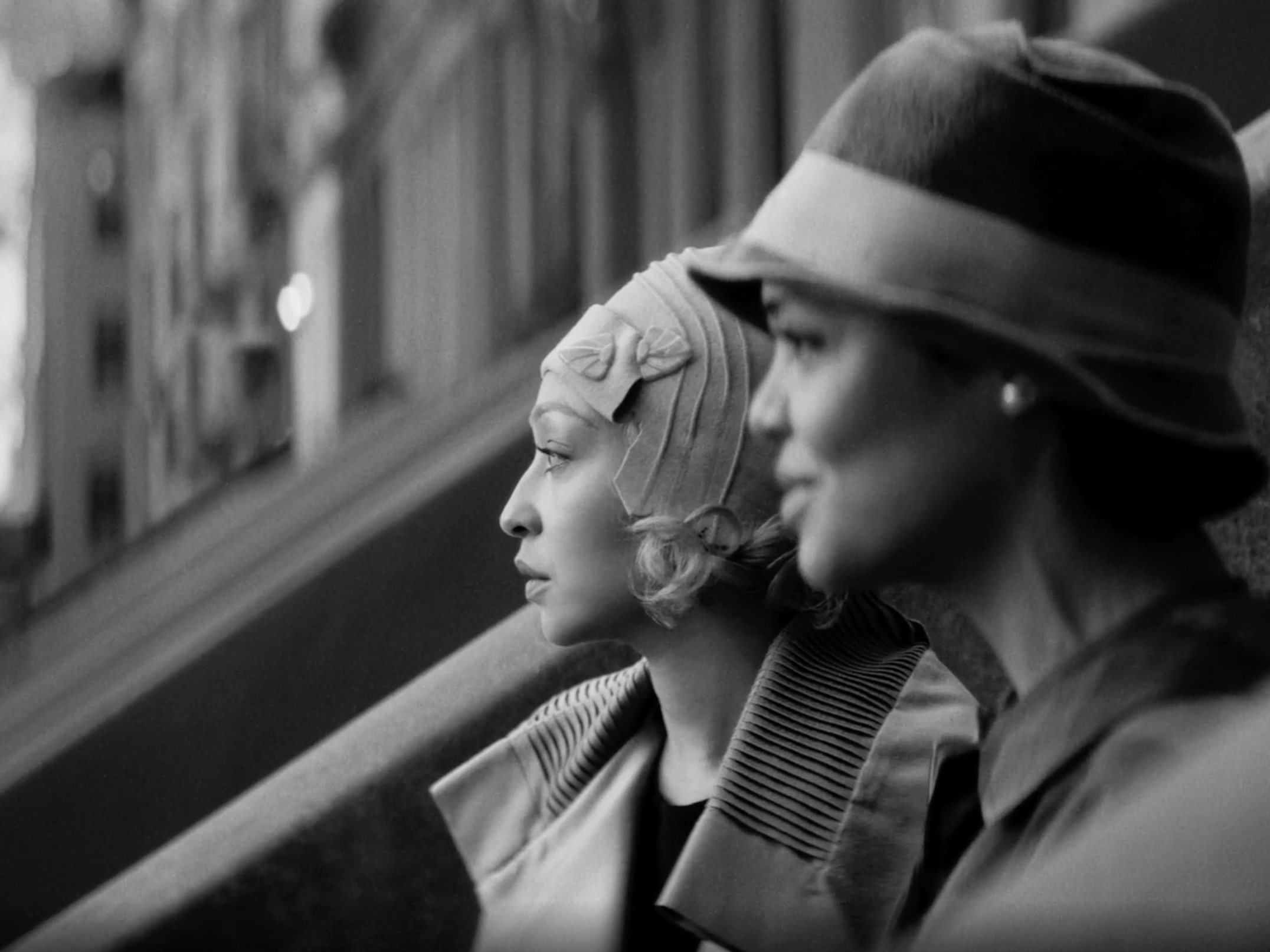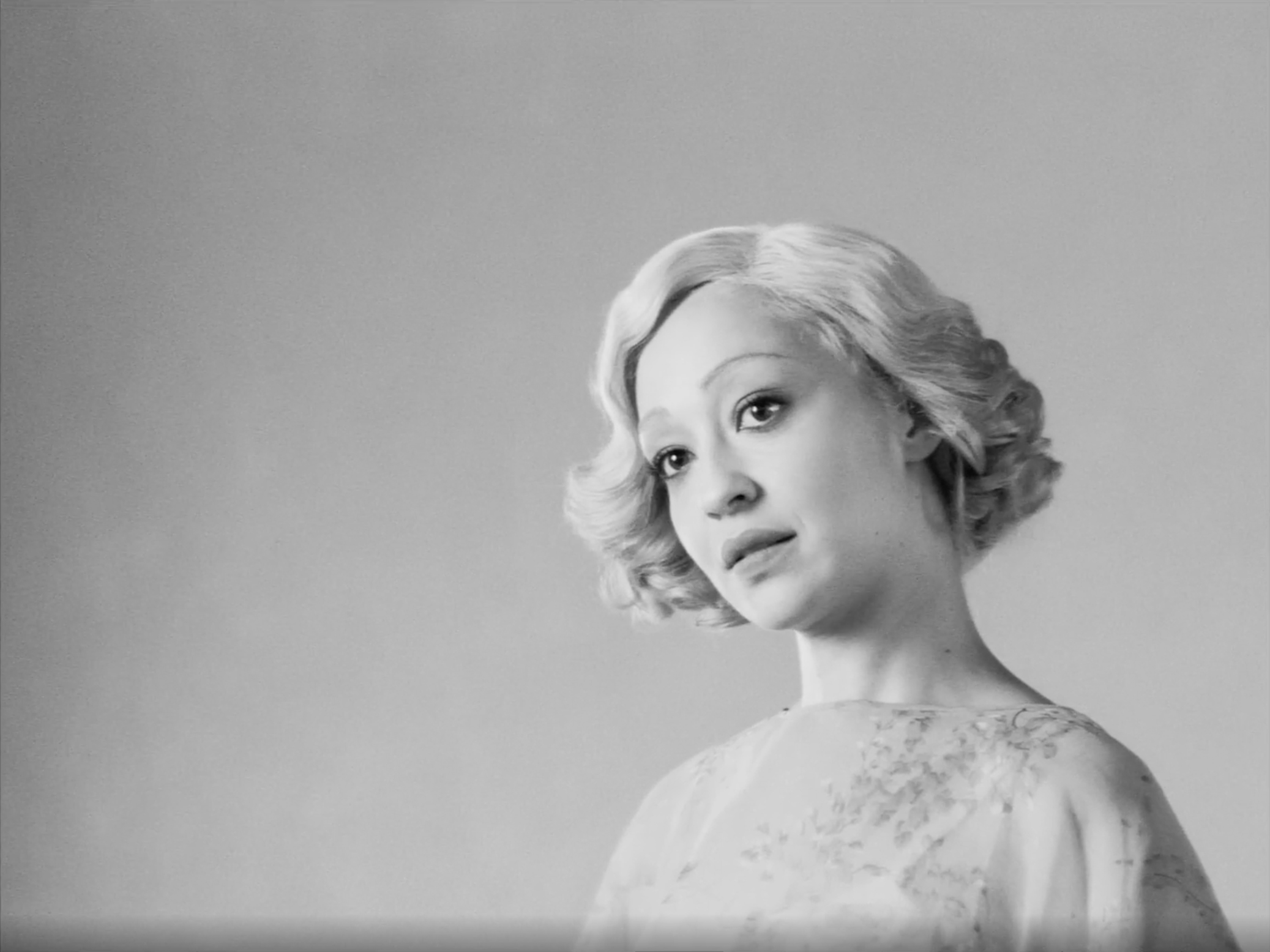Netflix's 'Passing' could have been me
Anchored by Tessa Thompson and Ruth Negga, 'Passing' on Netflix tells the story of racial passing back in 1920s New York. But it's more relevant, and personal, than ever

In the film Passing on Netflix, two mixed-race women in 1920s America struggle to find their place when society can’t put them in the right box. It's not an uncommon pain—talk to any mixed-race person and odds are they’ll be able to tell you at least a dozen horror stories about their identity being misunderstood, fetishized, or stereotyped.
In the Netflix film, the women, Irene (played by Tessa Thompson) and Clare (Ruth Negga), are two sides of the same coin. Both light-skinned, Irene “passes” as white accidentally, whereas Clare “passes” on purpose to gain social status. What follows is an incredibly complex story about what it means to be somebody when the world sees you as something else.
When my dad would pick me up from third grade, kids would always ask if I’m adopted. There’s no way that Black man could be my dad, not when I’m so pale. After my parents split up and I went to live with my white mother and her parents in the suburbs, kids were ready to call me a liar when I would talk about being mixed. Though I never chose to pass—ask any mixed person and they'll show you that genetics are messy and don’t give you much of a choice.
- A love letter to Insecure and its portrayal of Black womanhood
- The powerful movies to watch this Black History Month
- The Black History Month facts you need to know

In Passing, Negga's Clare decides to pass permanently after being sent to live with her white aunts as a child. And Clare isn’t stupid: she knows that in 1920s Chicago, the experiences of a white woman and a Black woman are polar opposites. She learns the ins and outs of white society, speaking in a voice identical to a petite debutante. After marrying a white man named John (Alexander Skarsgård) at age 18, she’s almost able to wipe her hands of this whole race thing. Almost.
Clare spends 12 years alone. Not literally—she has a huge mansion, a rich husband, and is partying as often a white woman would in the 1920s, but emotionally, she’s isolated. She has this horrible secret: she’s traded her family, her culture, her friends, her life—just to play a game of racist dress-up.
And when she’s reunited with Irene, her childhood friend in Harlem, Clare is immediately ready to go back to the community she’s spent the last dozen years stepping on as she climbed the social ladder. But the thing is, Irene passes, too. Though she’s married to a Black man and has two dark-skinned children, she still appreciates the convenience of being able to put on a demure outfit and have a luxurious lunch in the white part of town.
Choosing to pass—choosing to live out your life as another race—is different than someone who just to happens to pass. The same way former NAACP leader Rachel Dolezal was shocked back in 2015 when an international stage exposed her for pretending to be Black for a paycheck, Clare explicitly lives as a different race and doesn’t anticipate any consequences.
Even if Passing had a happy ending, is it moral to give up your entire life for the assumption of security? If you suspect someone is lying about their race, is it okay to ask them to prove it? Is it fair to use your skin tone to advance yourself, just because you won the genetic lottery? Can anyone pass? Sure, if you’ve got less morals than melanin, you can pass just fine.

For me, the act of passing isn't so much an act, like it is for Clare and Irene. My dad is Black and my mom is white. I’m mixed but I’m not stupid: passing as white in a society that systemically discriminates against melanated skin gives me privilege, whether I like it or not. It would be disingenuous for me to pretend I had the same experience as Black girls growing up. My white mother never forced me to relax my hair, but I also never had my hair in cornrows, either. I’ve never had the police called on me for walking down the street.
My race has come into question everywhere I’ve worked. Countless customers would tell me I had a certain “exotic” look, demanding to know my family’s history before I could tell them my name. Or they'd mistake me for Jewish, automatically assuming I knew which items on the menu were kosher and if I could please recommend the best place to get a good brisket sandwich.
The thing about having white-passing privilege is that racist people start to feel a little too comfortable around you. They’ll see someone whose skin tone is similar to theirs, with a voice that doesn’t have an accent, and think you’re one of them. I’ve had an unfortunate number of colleagues tell me I’m so lucky that my skin is “nice and light” despite having one Black parent. Consider it your moral obligation to correct them. If you allow white supremacy to flourish in your space, you will find yourself indistinguishable from them.
Growing up mixed means that “passing” is more about society assigning you a mold not based on who you are, but what you frequently look like. As the years went on, I learned it is inevitable for my skin to tan in the summer as easily as it pales in the winter. I started taking care of my curls, instead of slicking them back into the straightest bun possible. I saw photos of my father’s mom for the first time and recognized my own smile reflected in hers.
Though I never fit the stereotype of looking half-Black (whatever that means), I began learning that my version of accidentally passing as white wasn’t always the case. Partners and other mixed people told me that I never actually passed. People at the bus stop asked where I got my hair. Classmates began wondering where I was from. "Here? No, really, where?" I worked at a country club and every day, the patrons would insist that I and the other vaguely racially-ambiguous person on staff must be sisters.
But the constant barrage of questions, no matter how annoying they were, never made me feel like I was in danger. Does it violate a personal boundary when a complete stranger asks me to somehow prove my ethnicity? Yes. Is it aggravating when my middle-aged white manager says, “Oh, so you’re a mulatto,” when I’m cleaning out the espresso machine? Yes. Is it objectifying to talk to someone on Tinder, only to realize they’re only interested in me because they’re ready to live out a porn preference? Without a doubt.
But being mixed and sometimes maybe sort of "passing"—and all of the complexities and confusions that come with it—is one of those funny things that you can't ever predict.
One thing is for sure, though: stop telling people you're obsessed with having cute mixed babies. It's weird!